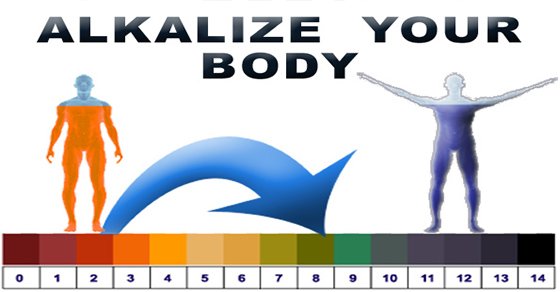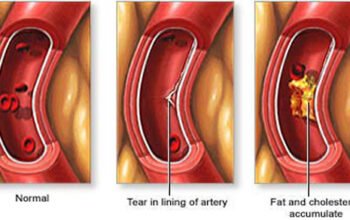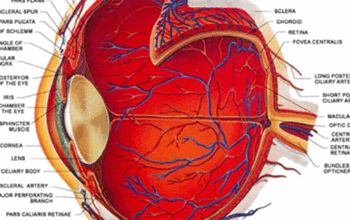Maintaining proper pH balance is crucial for overall health and well-being. Our body’s pH levels play a significant role in how we feel, function, and fight off potential health issues. Understanding pH balance can help you make informed decisions about your diet, lifestyle, and overall wellness.
Understanding pH Balance
The pH scale ranges from 0 to 14, with 7 being neutral. Anything below 7 is considered acidic, while anything above 7 is alkaline. For optimal health, the human body strives to maintain a slightly alkaline environment, with blood pH typically ranging between 7.35 and 7.45.
When your body becomes too acidic, it can lead to various health complications, including:
- Decreased energy levels
- Digestive issues
- Weakened immune system
- Skin problems
- Increased inflammation
Symptoms of an Acidic Body
Recognizing the signs of an overly acidic body is the first step toward restoring balance. Some common symptoms include:
- Chronic fatigue
- Frequent headaches
- Digestive discomfort
- Skin irritations
- Muscle weakness
- Difficulty concentrating
Checking Your pH Levels
There are several ways to determine your body’s pH levels:
- pH Testing Strips: Available at most pharmacies, these can test urine or saliva pH levels.
- Home Testing Kits: More comprehensive kits provide detailed pH analysis.
- Medical Tests: Blood tests offer the most accurate pH level assessment.
Balancing Your pH Through Diet
Diet plays a crucial role in maintaining pH balance. Here are some strategies to help alkalize your body:
Alkaline Foods to Embrace
- Leafy green vegetables
- Fresh fruits (especially citrus)
- Nuts and seeds
- Herbal teas
- Avocados
Acidic Foods to Limit
- Processed foods
- Refined sugars
- Caffeine
- Alcohol
- Red meat
Lifestyle Changes for pH Balance
Beyond diet, several lifestyle factors can help maintain optimal pH levels:
- Hydration: Drink plenty of water, particularly alkaline water
- Regular Exercise: Helps regulate body pH and reduces acidity
- Stress Management: Practice meditation, yoga, or deep breathing techniques
- Adequate Sleep: Supports overall body balance
Supplements and pH Balance
Some supplements can help support pH balance, including:
- Magnesium
- Potassium
- Alkaline mineral supplements
Important: Always consult with a healthcare professional before starting any new supplement regimen.
Final Thoughts
Balancing your body’s pH is a holistic process that requires attention to diet, lifestyle, and overall wellness. By making informed choices and paying attention to your body’s signals, you can work towards maintaining optimal pH levels and supporting your long-term health.
Remember, small, consistent changes can make a significant difference in your body’s pH balance and overall well-being.






